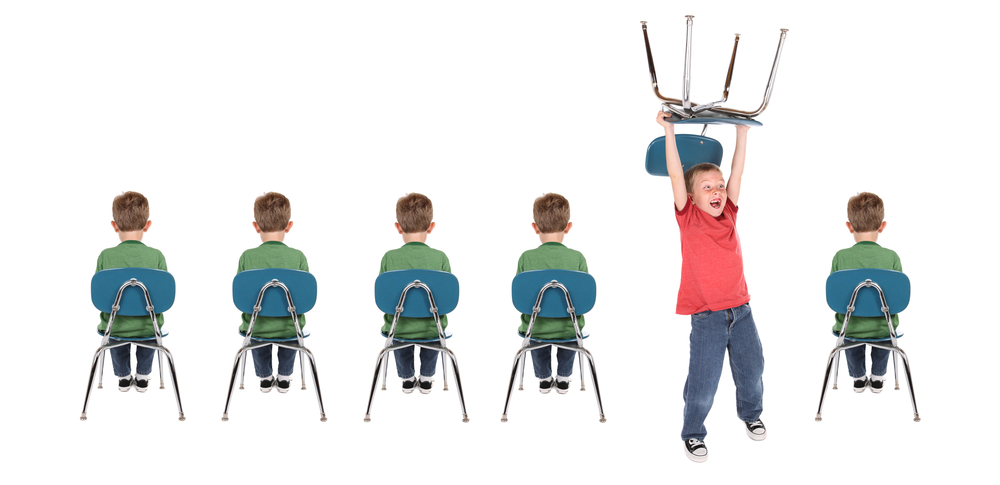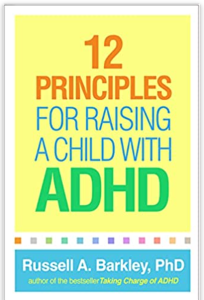
What is ADHD?
ADHD at School
Attention Deficit Hyperactivity Disorder is a developmental disorder that affects executive function. Skills associated with executive function include: response inhibition, working memory (remembering what is to be done), flexibility, sustained attention, organization, time management and, emotional control. Working with children and youth with ADHD, the difficulties associated with response inhibition perhaps have the greatest impact on the quality of life of the individual as this impacts social skills (peer acceptance) and safety.
Individuals with ADHD have difficulty contemplating future consequences related to: proposed actions; planning, time management; remembering and following rules and instructions; self regulating emotion and motivation; problem solving to overcome obstacles to meet their goals; and, excessive variability in responses to situations – particularly associated with work (Barkely 2013, Ward, 2018).
Sometimes individuals with a diagnosis of ADHD obtain extra supports at school through a Category R or H designation. Both of these are behavioural designations. Despite how common ADHD is within the population, ADHD treatment typically relies on medication alone, although other non-evidence based treatments may also be creep into use. While a designation of Category H leads to additional financial support at school which can lead to extra help, it can also lead to social exclusion and diminished educational experiences. BCTF quality of worklife studies consistently reveal that teacher stress and dissatisfaction is related to teaching to diversity in the classroom. While this is a complex topic, the reality in the classroom is that trying to insure the success of all students is challenging. Fortunately, these categories are labels that can be removed through the combination of behavioural therapy and medication (Barkley, 2013) leading to success of your child at school (and home). Your child can flourish!
How can FIVE help?
FIVE offers a parent training workshop entitled: Managing ADHD in the Home: 8 Weeks to Better Behaviour. This training is for parents of children with ADHD aged 4-10 years old. This innovative training uses best practices to make a substantial change to the life of your family. Join us for 4 weeks of lessons as we meet bi-weekly to allow for implementation of the lesson. These are small group ADHD treatment training opportunities (minimum 6 and maximum of 10 parents), led by a Behaviour Analyst. At the end of the training, the Behaviour Analyst that led your training will meet with you one on one for an hour to troubleshoot specific concerns associated with your ADHD treatment plan and cheer for your successes! We recognize that there is no funding for youth with this diagnosis, so we are trying to make the price as manageable as possible: $250.00. The first groups will occur in Victoria, but if you would like this training your community and have six families, please reach out through our contact page – we love to meet up with our families close to your homes!



EXCELLENT BOOK! This concise guide presents 12 key parenting principles for dealing with common behavioural, emotional, and school challenges. By cultivating a mindset of acceptance and compassion–together with an understanding of the executive function deficits of ADHD–you can strengthen your loving connection with your child and help your whole family thrive. Filled with practical suggestions and quick-reference lists and tips, this is the perfect book to read cover to cover or pick up any time you need extra support.